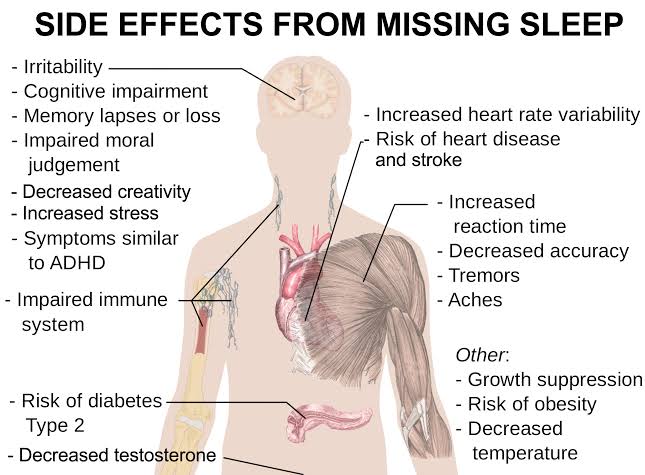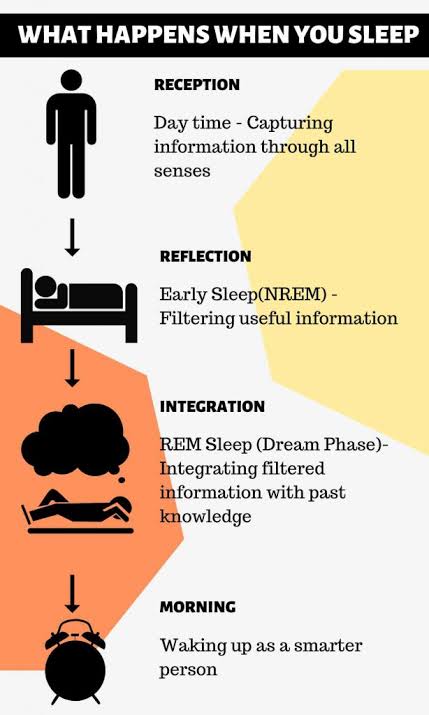
Faith Nyasuguta
Sleep accounts for one-quarter to one-third of the human lifespan. This time could probably be used for more active activities, but why is sleep key to our well-being?
It is common knowledge that for all animals, sleep deprivation impairs learning, memory, and immune function, and slows down wound healing, but a good night’s sleep can reverse these impairments.
This has been confirmed by the authors of a fresh study from Northwestern University, USA.
“One of the great mysteries of sleep is how it fulfills these restorative functions and to what extent these mechanisms are conserved among the wide range of animals in which sleep has been identified and analyzed,” said the authors in the study paper published in the Journal Science Advances.
Through examining fruit flies’ brain activity and behavior, researchers at Northwestern University (NU) found that deep sleep has an ancient, restorative power to clear waste from the brain.
In the study, the researchers examined proboscis extension sleep, a deep-sleep stage in fruit flies, which is similar to deep, slow-wave sleep in humans.
A discovery was made that during this stage, fruit flies repeatedly extend and retract their proboscis or snout.
“This pumping motion moves fluids possibly to the fly version of the kidneys,” the senior author of the study and a professor in neuroscience and chair of the Department of Neurobiology in NU’s Weinberg College of Arts and Sciences, Ravi Allada said.

“Our study shows that this facilitates waste clearance and aids in injury recovery.”
On the researchers impairing the flies’ deep sleep, the flies were less capable of clearing an injected non-metabolizable dye from their systems and were more susceptible to traumatic injuries.
The recent research brings us closer to understanding the mystery of why all organisms need sleep, said Allada. All animals, particularly those in the wild, are incredibly vulnerable when they sleep.
However, research increasingly shows that the benefits of sleep, among them crucial waste removal, outweigh this increased vulnerability.
“Our finding that deep sleep serves a role in waste clearance in the fruit fly indicates that waste clearance is an evolutionary conserved core function of sleep,” the paper’s co-authors write.
“This suggests that waste clearance may have been a function of sleep in the common ancestor of flies and humans.”
ALL SLEEP IS NOT THE SAME

Throughout your time asleep, your brain will cycle repeatedly through two different types of sleep: REM (rapid-eye movement) sleep and non-REM sleep.
The initial part of the cycle is non-REM sleep, which encompasses four stages. The first stage comes between being awake and falling asleep. The second is light sleep, when heart rate and breathing regulate and body temperature drops. The third and fourth stages are the deep sleep.
Though REM sleep was previously believed to be the most important sleep phase for learning and memory, newer data suggests that non-REM sleep is more important for these tasks, as well as being the more restful and restorative phase of sleep.
As you cycle into REM sleep, the eyes move rapidly behind closed lids, and brain waves are similar to those during wakefulness. Your breathing rate jumps and the body seems like it is temporarily paralyzed as we dream.

The cycle then repeats itself, but with each cycle you spend less time in the deeper stages three and four of sleep and more time in REM sleep. On a typical night, you’ll cycle through four or five times.




